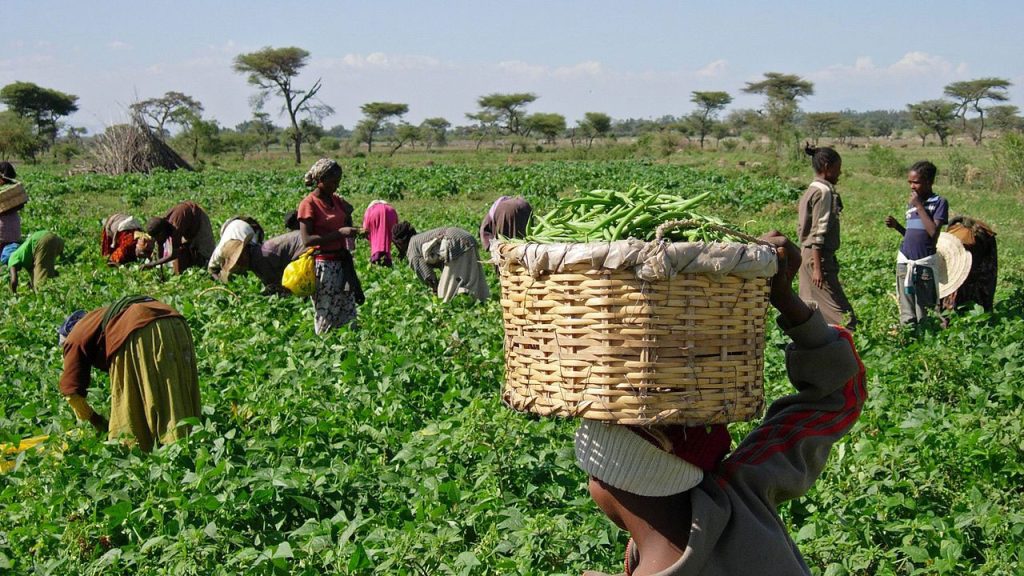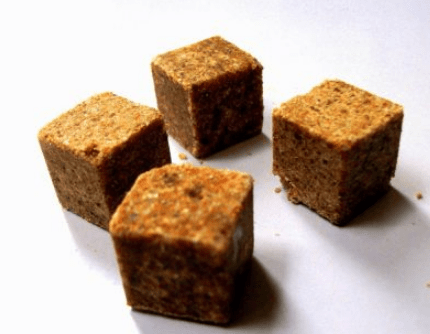Why Agriculture is Critical to National Development

Importance of Agriculture in Nigeria
By Abbah Christy
Agriculture in Nigeria plays a crucial role, making a significant contribution to the country’s GDP and supporting the livelihoods of a large segment of the population. It includes activities such as crop cultivation, animal husbandry, forestry, and fishing. Although it was once a key source of export income, Nigeria currently imports more food than it exports, grappling with issues related to productivity and food security.
Key Aspects:
- Principal Crops:
Nigeria grows a diverse range of crops such as cassava, yam, maize, rice, sorghum, millet, and various cash crops including cocoa, rubber, and oil palm.
- Land Utilization:
Nigeria possesses a vast area of agricultural land, with a significant portion allocated for arable farming, permanent crops, and meadows and pastures.
- Economic Impact:
Agriculture plays a crucial role in Nigeria’s GDP, although the specific percentage can fluctuate. It also serves as a major source of employment, providing jobs for a significant portion of the population.
- Export Opportunities:
Nigeria stands out as a key exporter of particular agricultural goods, including sesame seeds, cashew nuts, cocoa beans, ginger, and frozen shrimp.
- Challenges: The industry encounters various obstacles, including dependence on rain-dependent farming, limited use of machinery and technological advancements, post-harvest waste, and difficulties in accessing markets and financing. The effects of climate change, such as drought and flooding, also present major threats.
- Government Initiatives: The Nigerian government is rolling out policies and programs focused on boosting agricultural productivity, improving food security, and encouraging agribusiness development.
- Agri-tech: There is an increasing interest in utilizing technology within the agricultural sector (agri-tech) to tackle some of its challenges.
Specific Crop Examples:
- Cocoa: This is an important cash crop and a primary source of non-oil foreign exchange for Nigeria, although there has been a recent decline in its production.
- Rubber: Another crucial non-oil export that is grown in several states.
- Oil Palm: An essential crop that supplies food and raw materials to various industries.
- Maize: A key staple crop utilized for both human consumption and animal feed, which also has an export market.
- Cassava: A significant food crop, with Nigeria being one of the leading producers in the world.
Stages of Development:
The agricultural sector in Nigeria has progressed through several phases, such as subsistence farming, commercialization, and mechanization, with an increasing emphasis on sustainable agricultural practices.
In conclusion: Agriculture continues to be a fundamental part of the Nigerian economy, but it requires ongoing investment, innovation, and strategic measures to address its challenges and achieve its maximum potential.








